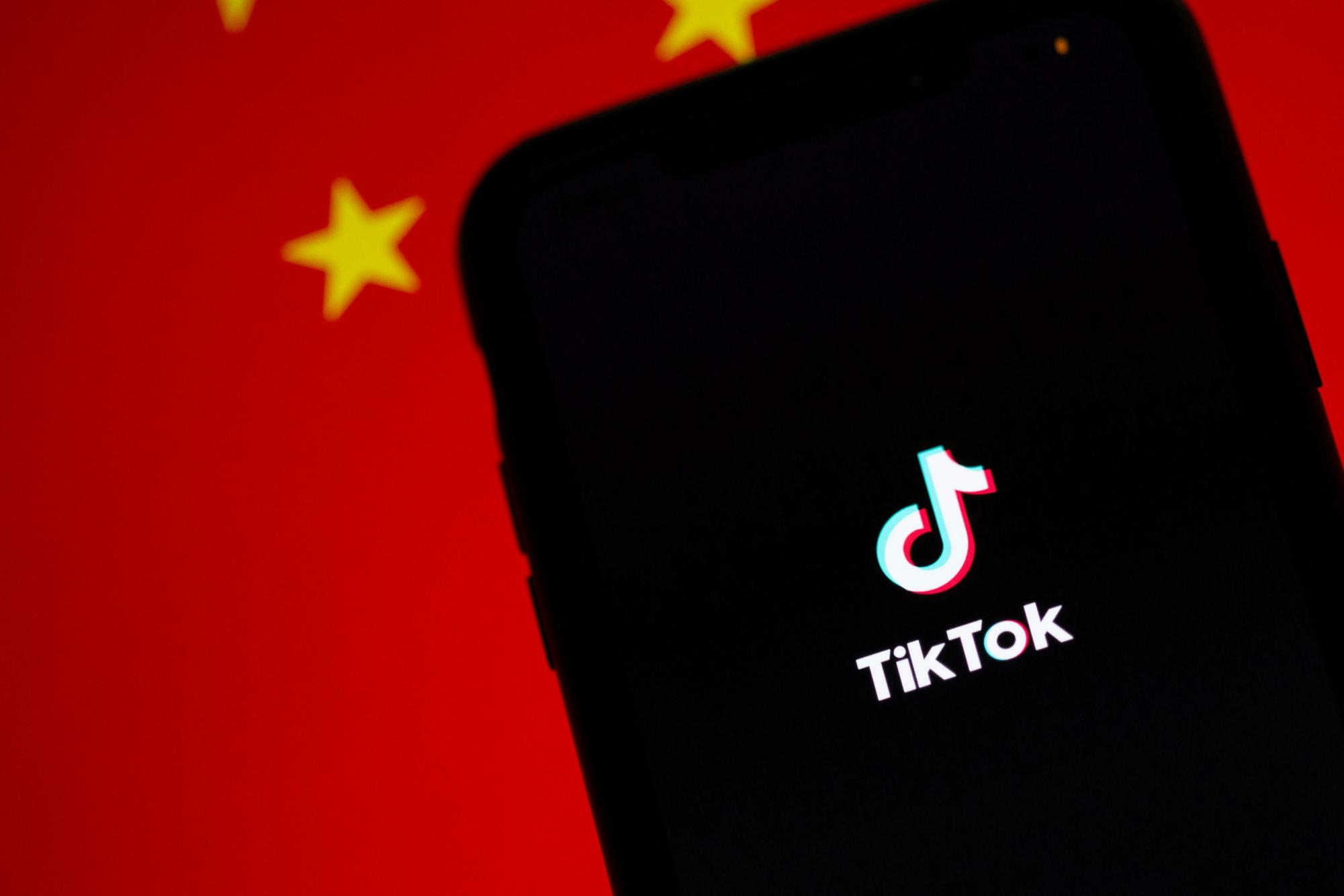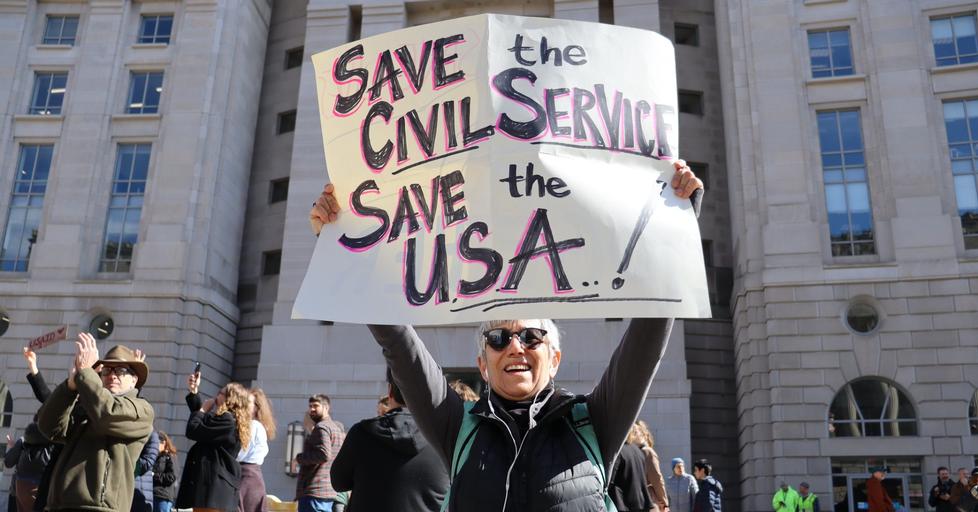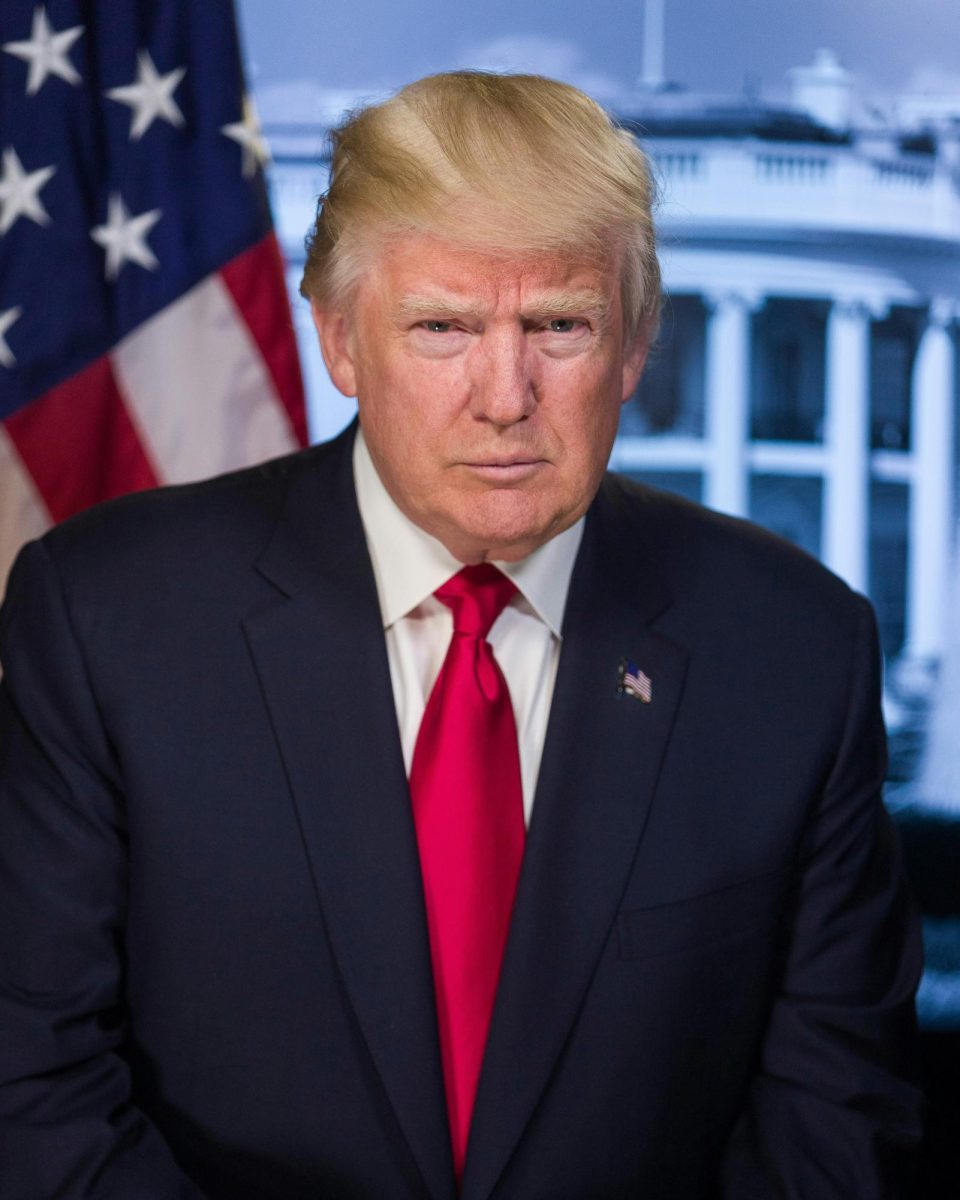In the 21st century, humankind still lacks cures to life-threatening diseases, but doesn’t by any means lack social media platforms. From Instagram to Threads and X to Snapchat, the choices flood internet users. Yet, something special about TikTok captivates roughly 63% of Americans aged 13 to 30. The pervasive usage has even led the U.S. federal government to pass legislation that could potentially ban TikTok due to concerns about its risks to national politics and security.
The “Protecting Americans From Foreign Adversary Controlled Applications Act” (H.R. 7521) targets TikTok and other ByteDance-owned platforms. Senators and other government officials have long worried about ByteDance’s ownership of TikTok because it is a Chinese company. They fear that Chinese national security laws, which compel organizations to assist with intelligence gathering, could force ByteDance to share data on TikTok’s 170 million American users with the Chinese government. The act mandates divestment within 180 days for apps controlled by foreign adversaries, or face prohibition.
In other words, be sold or be banned.
The legislation swept through the House of Representatives with a 352-65 vote in March 2024, and was signed by President Biden on April 24, 2024. If ByteDance had not challenged the legality of this legislation, it would have had until January 19, 2025 to sell TikTok, with a three-month extension if negotiations were ongoing. However, in May, ByteDance filed a lawsuit initiating a court case over H.R. 7521, which paints an unclear future for TikTok.
Unsettlement grips the public. Teenagers criticize Congress for not focusing on bigger issues, influencers criticize Congress for attacking their livelihoods, and activists criticize Congress for threatening a major asset to their advocacy.
As debates rage over whether or not the government is doing the right thing, recent discussions about banning TikTok seem to overlook a vital point: it does not matter whether TikTok is sold or banned.
Firstly, TikTok being sold would be a win for the federal government and certainly not a loss for U.S. citizens. With the change in Chinese ownership, the government would achieve its desired outcome of alleviating national security concerns. As for the public, the platform’s general purpose and usage would likely remain mostly unchanged.
Realistically though, how would this play out? Legal challenges aside, if an opportunity for TikTok to be sold arises, it would be far from simple. Take the sale of Twitter to Elon Musk in 2022, for instance. Although the circumstances differ, both cases involve a matter of security delaying and potentially hindering the selling of major social platforms. Musk almost pulled out of his deal with Twitter when he found problems with their handling of spam and fake accounts, highlighting the complexities of such transactions.
Despite this, according to Wedbush Securities analyst Dan Ives, there is a 75% chance that TikTok will be sold instead of banned. Potential buyers include big U.S. companies like Microsoft and Walmart; outside groups led by figures including former Treasury Secretary Steve Mnuchin and ex-Activision Blizzard CEO Bobby Kotick are also interested.
ByteDance’s reluctance to sell further complicates the situation.
Regardless of who purchases TikTok, users would continue using it with minimal impact from the sale. Just as X underwent changes (such as its name change) yet retained its user base, TikTok would likely remain popular. Ownership of an application does not equate to control of the usership; as long as the public uses the app, their wants drive and determine the app’s content and influence.
A TikTok ban would also be a win for the federal government as it fulfills the requirement of a nationwide ban if the platform isn’t sold. Initially, this may seem like a loss for the average American — particularly the 6 out of 10 under 30 Americans who use the app — as no one likes losing their entertainment or income source. A fellow diligent TikTok user, Juliette Eastman-Pinto (‘26) stated, “TikTok is to me what oxygen is to humans.” However, she need not worry, for historical precedent shows that such losses are only temporary.
Social media platforms experience surges and declines. From the evolution of YouTube’s funny fail videos, to Vine, to Musical.ly, and now TikTok, the world has seen a variety of popular platforms go in and out of style.
When ByteDance bought Musical.ly in 2017 and merged it with TikTok, rather than disappearing, it evolved into an even more global and addictive application. The same outcome will likely apply to TikTok. Senator Jeff Merkley, a Democratic representative for the state of Oregon, put it plainly, “There’s always going to be something like TikTok in the social media world.” That is to say, there’s nothing stopping anyone from creating a TikTok 2.0, so why does it matter? If it gets banned, it’s only inevitable that a similarly addicting and scroll-inducing replacement surfaces.
After all, TikTok bans are not new and certainly not crazy. As explained by The New York Times, India banned the app (and several other ByteDance platforms) in 2020 over data privacy. Furthermore, several other governments such as England, Australia, Canada, the executive arm of the European Union, France, New Zealand, and Taiwan have prohibited the use of TikTok on official government devices; akin to the U.S. federal government, these governments credit their decision to app’s threats on national security.
At the end of the day, whether TikTok is sold or banned, the resulting negligible long-term impact on users makes neither outcome matter. All social media platforms undergo ownership changes just as all eventually come and go. So think: does it really matter if TikTok is sold or banned? Or are you just worried about losing your favorite platform for now, forgetting that a new one will naturally rise to take its place?









